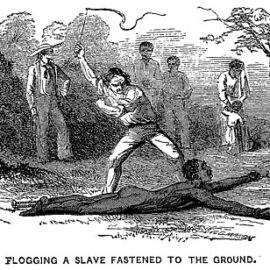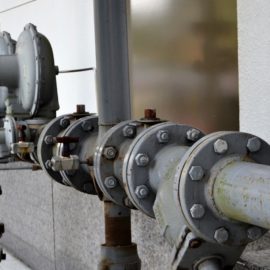
The Mississippi river is low and hurting water supplies downriver from us. This is, though, not a historic low.
Oh, sure, the Mississippi River has been low this fall, low enough to expose some long-sunken boats — and even the fossilized jaw of the American lion that’s been extinct for 11,000 years. But it’s not a record low — not even close. On Thursday, the river stage at New Orleans was recorded at its lowest of 2022: 1.6 feet above NAVD88. That’s North American Vertical Datum of 1988, a reference somewhat comparable to, but not the same as, mean sea level. The record is 1.6 feet below NAVD88, set on Dec. 27, 1872. The National Weather Service has records dating from 1849. This year’s low is tied for No. 125.
nola.com

The river depth is determined by the daily high and low tides in the gulf which are not much.
David Welch, a hydrologist at the National Weather Service’s regional office near Slidell, cautions that the historical marks are influenced by the daily rise and fall of ocean tides in the Gulf of Mexico, only about 100 miles downstream of New Orleans. Take a single measurement at high tide, for example, and it will skew high at that moment even though the river might be trending low over the course of several days or weeks. In 1988, for example, the river was measured at 0.10 feet on July 26, making it No. 37 on the all-time low list. But in that year, Welch said, “We were at persistent lows for months.” Another caveat: The river has changed a lot since 1849. Levees were built to contain it, and the shipping channel routinely fills with sediment and is subsequently dredged. Both factors affect the water level. Thus a comparison of this year’s stage with that of the 1872 record is not exactly fair, Welch said. He suggests going back no further than the early 1970s, a period that includes a flood in 1973 and subsequent improvements to the Old River Control Structure near Vidalia. So, using lows only from 1970 to now, this year’s low of 1.6 feet would be tied for No. 23. Still not a record, but more impressive than No. 125.
We have to accept what the river does as there is nothing we can do to change it.



